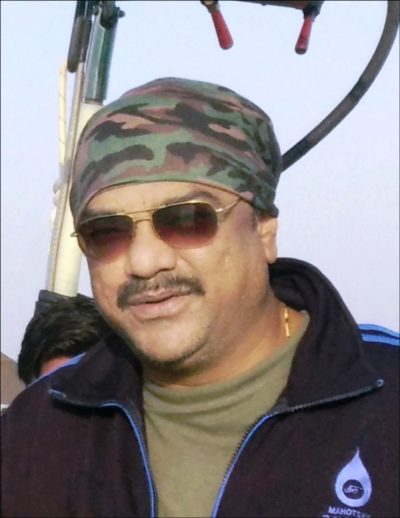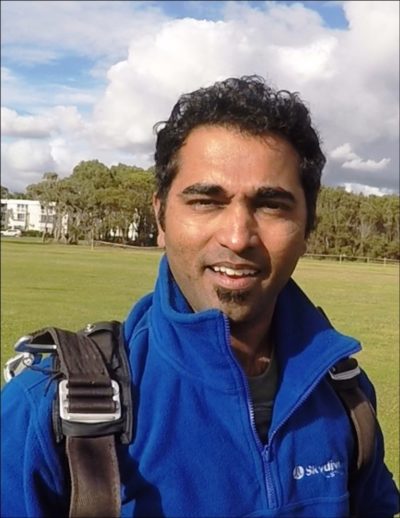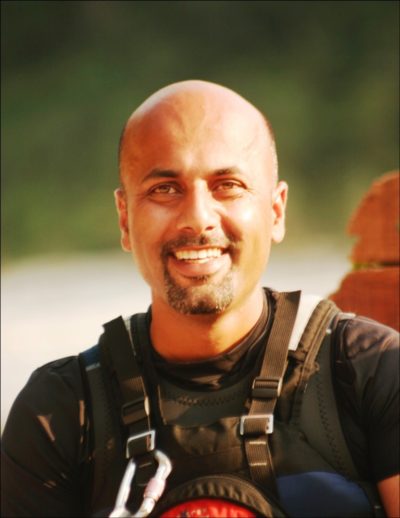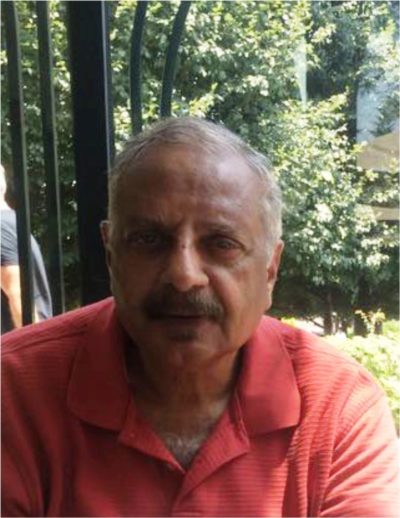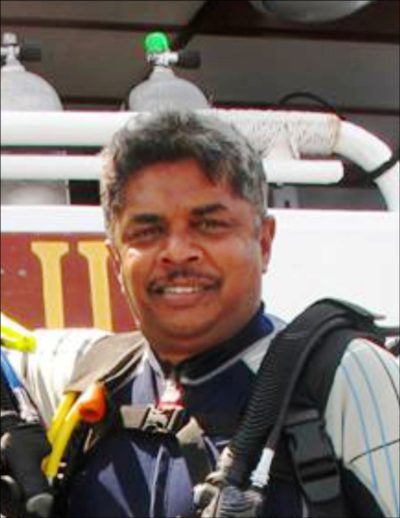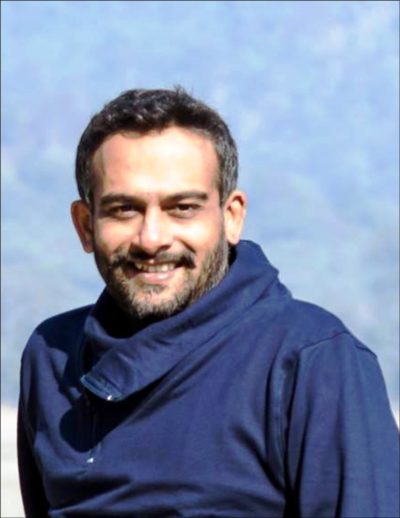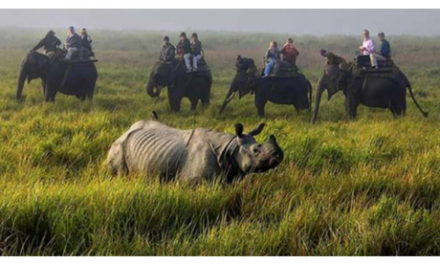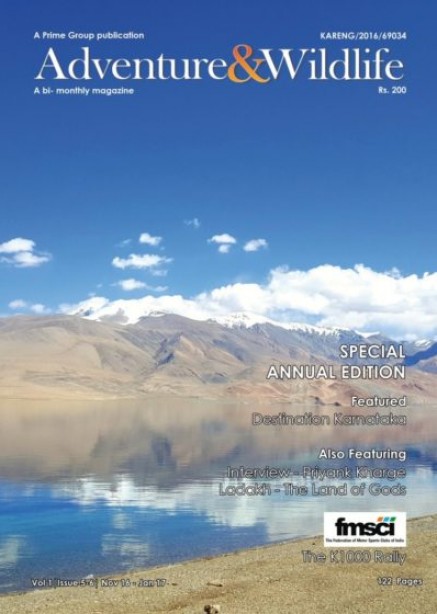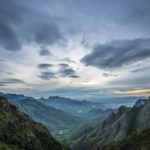
Actor Adrian Grenier Is Cutting Out Plastic. Here’s How You Can, Too.

Actor and environmental activist Adrian Grenier is perhaps best known for his lead role in the HBO series Entourage. But he has also made a name for himself at the forefront of the international fight to reduce the world’s reliance on single-use plastics, in order to decrease harm to the ocean, wildlife, and human health.
Grenier has been working on educating the public about the problems with plastic straws and other throwaway items through his Lonely Whale foundation. He is also a celebrity ambassador for the United Nations World Environment Day, which takes place Tuesday. Grenier is helping the UN spread the word about the impacts of single-use plastic, which is the focus for this year’s annual World Environment Day.
I spoke with Grenier about his work on plastic and why he cares so much about it.
How did you get into the issue of plastic pollution?
I’ve been doing environmental work for some time, but I was ultimately led to the ocean as my focus when I realized that the ocean is probably the most underserved aspect of the environment; we sometimes forget it’s there, and yet, the ocean is 70 percent of our planet.
We have a lot of photographers who work under water, and they always say the same thing: that it’s literally that people don’t see what’s going on.
We really need to get to the root of the problem, and it really does circle back to our relationship to convenience, and our sense that things are disposable, which they aren’t.
What are some actionable things people can do?
At the Lonely Whale foundation we came up with perhaps the lowest hanging plastic, which is the single-use plastic straw. We say: look, just do one thing; try it on; see how it feels, and see how easy it can be. I think the straw is not only symbolically a great first step, a gateway if you will, but also significant because it is the smaller plastics in particular that we want to prevent.
Straws are a great idea. What else?
I do not use plastic water bottles. I say they should only be used in the most desperate of situations—and walking through the city and being parched is not a desperate situation. If I’m thirsty, I wait until I find a more conscientious way of drinking water.
In the United States, when you’re done with your plastic bottle or bag, and you throw it away—or even if you recycle it—you never see it again. But if you live in the Philippines, or China, or Bangladesh, that’s where all this stuff goes. For Americans, it’s out of sight, out of mind. But other people are our dumping ground.
I would say you’re right, but I would also say there’s not a person here in the United States who doesn’t encounter plastic pollution, whether it be on the sidewalk, in the street, or on the beach. You may say “Well I didn’t throw that away, that’s not mine,” but the reality is it is all of our responsibility.
Somebody told me you were building a house without using plastics. Is that right?
I’m at a place in my life where I miss spending more time with my mom, and she lives so far uptown. I decided to invite her to move closer to me in Brooklyn, so I’m building her a home. And of course, if I’m going to build my mom a home, it has to reflect the values she instilled in me.
What else can people do in their daily lives?
Find at least one other person to join in this lifestyle change. It inspires new thought, so you can synthesize ideas and come up with new ones together on how you can live a more conscientious lifestyle. You also hold each other accountable. And it’s more fun.
I think a lot of times people get a sense of arrogance from environmentalists. I think it’s because they believe they can change the world. I do believe that’s true, but I also think they somehow believe they are alone in the struggle.
It’s so hard to avoid plastic products. When you buy something, what do you look at?
Small changes are the way we get there. I don’t beat myself up when I’m imperfect. We want people to feel like it’s an accessible opportunity every moment.
The truth is, plastic is a very useful material. It’s improved our lives in many ways. The issue isn’t plastic. If we start to appreciate how valuable it is, maybe we wouldn’t let it disappear into a landfill or go into the ocean.
Where do you think the balance is between individual actions and the actions of businesses?
I don’t look at companies as separate entities. They need people to operate, so the values of people should be the same as the values of companies.
At Lonely Whale, we have created a partnership with Dell and a handful of other companies with international footprints to find new ways of dealing with single-use plastic. Called NextWave, we are looking to build infrastructure in developing countries to retrieve discarded plastic and intercept it from going into the ocean, and make use of it again.
Can you tell us more about how your mom brought you up with this set of values?
My mom taught me to respect myself and my health, to clean my room, and to respect others. Now it’s my community, not my room. My neighborhood is the planet.
Source : https://news.nationalgeographic.com/2018/06/actor-adrian-grenier-reduces-plastic-use-straws-house-culture/









